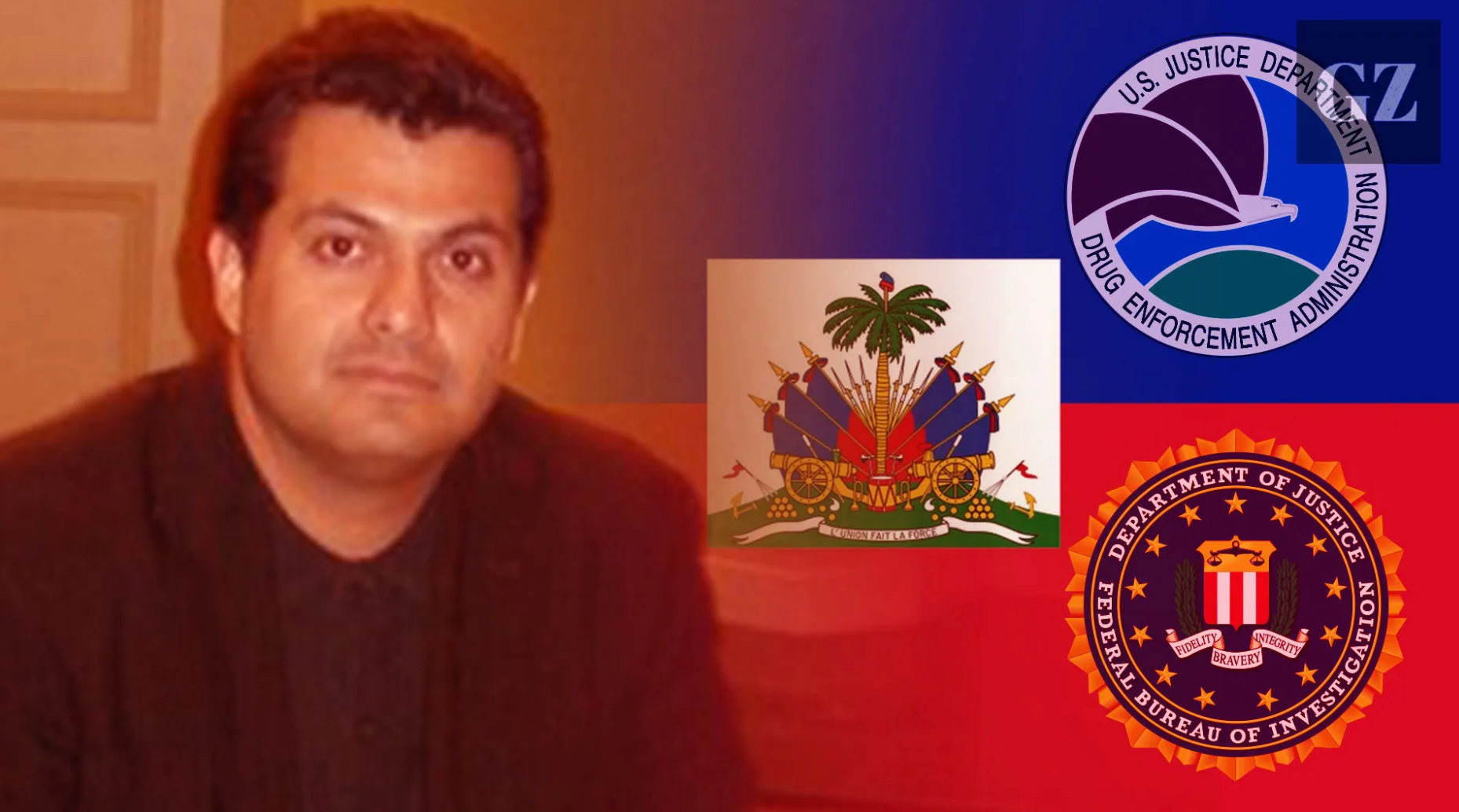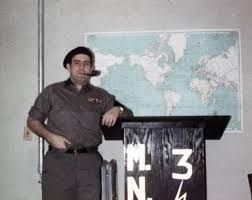White House Meeting Reveals Concerning Drug Policy
May 2, 2017
A Fact-Based Discussion is Needed at the White House
On March 29th, President Trump conducted a meeting
with various “experts” on the heroin epidemic, i.e. Chris Christie, Jeff Sessions, Chuck Rosenberg, along with others. Trump kicked off the meeting by citing a ridiculous statistic that was presumably provided by John Kelly, the Secretary of Homeland Security. Trump claimed that illegal trafficking across the border had been reduced by 61% within his first two months in office! Only moments later, he contradicted that “alternative fact” with another one. He claimed that cartels have brought such vast supplies of illegal drugs that some illegal narcotics “are cheaper than candy.”
It’s no secret that America is now experiencing an unprecedented opioid epidemic. This is an issue that has been covered, in great detail, by essentially every major news organization. Then again, Trump apparently gets his news updates entirely from Fox News. Hence, Trump, and his inner circle, seems to believe that this crisis is “probably almost untalked about compared to the severity that we're witnessing.” He added:
“It's really one of the biggest problems our country has, and nobody really wants to talk about it. Vice President Pence mentioned this coming into the room. He said, this is a problem like nobody understands.”
Chris Christie chimed in with this gem as though he had insight that most Americans were unaware of:
“I think the President and I both agree that addiction is a disease, and it's a disease that can be treated, and that we need to make sure we let people know -- the President talked about how folks don’t talk about it.”
This belief that “folks don’t talk about it,” is stunningly out of touch with the views of most Americans. Public opinion about drug addiction is rapidly changing in favor of treatment and harm reduction, not incarceration. To be fair, Chris Christie has been one of the more vocal Republicans to publicly advocate softer stances in the war on drugs, such as criticisms for mandatory minimum sentences. But, his actions haven’t lived up to his rhetoric.
You’d be hard-pressed to find someone who believes that the drug war has been a success. Most people recognize that criminalizing drugs has been counterproductive and led to an increase in crime. And drug-related crime is apparently what Donald Trump was referring to when he made another statement. Albeit, it’s difficult to decipher what President Trump was trying to convey:
“Our Attorney General, Jeff Sessions, is working very hard on this problem. It takes a lot of his time, because this causes so much of the problem that you have to solve -- that problem.”
The war on drugs is an endless cycle that is inadvertently designed to fail. Time and time again, each administration swears that it will be the one to solve the drug addiction problem. And Jeff Sessions believes he’s the right man for the job. He said, “When I became a United States attorney in ’81…it took 20 years, but we reduced drug abuse in America, addiction and death dramatically.”
Another troubling aspect of this meeting was a repetitive theme in which President Trump focused on when
this opioid epidemic began, not the reasons why
it began. This panel of “experts” listened to a few emotional stories from people whose life hit rock bottom before overcoming addiction. Prescription drugs were the gateway drugs for two or those three speakers. Nonetheless, this point seemed to be lost on the listeners.
Anyhow, the head of the DEA, Chuck Rosenberg, told the panel what Trump apparently wanted to hear. He estimated that the last eight to ten years have been the worst as far as heroin addiction. Obviously, Rosenberg didn’t go into depth about the corrupt connection between the DEA, drug companies, and the opioid crisis, which was the focus of my column “ Why Corporations are Too Big to Jail in the Drug War.”
Instead, Rosenberg informed the group about a DEA “takeback” initiative in which people can return unused prescription drugs. Remarkably, he mentioned “We're going to do that relentlessly twice a year, encourage people to turn in these drugs, and try and break this cycle.” Now, let’s pause for a second. That may have been a first. Arguably, no person has ever claimed to do anything “relentlessly…twice a year.”
For all of the different points of view that were presented--harm reduction, addiction treatment, etc.--Trump ultimately showed his hand. As we all know, he believes that a wall along the border with Mexico will eradicate drug trafficking. Trump asked Rosenberg, “Would this (increase in drug use) have anything to do with the weakening of the borders? Because a lot of it comes from the southern border.” Rosenberg acknowledged that a large percentage of drugs are trafficked through Mexico, but he also pointed out that China is a major importer as well. With that said, it must be noted that Trump genuinely believes that our border security has been “weakened” over the years, even though the budgets for counternarcotics, terrorism, border patrol, national security, etc. continue to rise every year.
All in all, this 30-minute meeting was illuminating and concerning in regard to the direction of our country.

For the last two decades, while U.S. forces occupied the country, Afghanistan has been the epicenter of the world’s opium production with roughly 90% of global supply. After American troops withdrew from the country, and with the Taliban in charge, Afghan opium production drastically declined. There were an estimated 6,200 tons produced in 2022, as opposed to 333 tons in 2023, according to the United Nations Office on Drugs and Crime (UNODC). That may surprise some readers as the Taliban have been credibly linked with the heroin trade. The UNODC estimated in 2009 that the Taliban generated $155 million per year from Afghan opium. They weren’t traffickers but they forced traffickers and farmers to pay a “tax” in their territories. Even though those were handsome profits, the Taliban were relatively a minor part of a massive black market worth then roughly $3 billion annually. History shows that the Taliban’s policy on opium has shifted from time to time depending upon their circumstances. An opium ban in Afghanistan seems to fall in line with the Taliban’s tyrannical fundamentalist Islamic modus operandi. However, it also benefits those in power. Several Afghan warlords derive much of their authority as a result from black market profits. Hence, whoever controls the opium trade, or lack thereof, in Afghanistan holds all the cards in a country where the average annual income is 378 US dollars. After the Taliban gained control of Afghanistan in 1996, they struggled to find international recognition. Therefore, the Taliban killed two birds with one stone when its former leader, Mullah Omar, issued an opium ban in July of 2000. That edict was beyond effective. According to UNODC estimates, Afghan opium production dropped from 3,276 tons in 2000 to 185 tons in 2001. The U.S. State Department even approved $43 million of humanitarian assistance for the Afghanistan government just months before 9/11 due to its strong counternarcotics efforts. After 9/11, the Taliban’s power decreased but didn’t cease. America installed a deeply corrupt transitional government. In turn, opium production escalated exponentially. America sided with militias entrenched in the opium trade who opposed the Taliban, such as the Northern Alliance. But, the Western media has only reported in drips and drabs about the U.S.-allied politicians/warlords who have been far more prominently involved in heroin trafficking. The corruption ran to the top. There are too many flagrant examples to list concisely, but notably, a man carrying 183 kilos of heroin was released by the police because he was carrying a signed letter of protection from Afghanistan’s drug czar, General Mohammad Daud Daud. Wikileaks revealed that former President Hamid Karzai once pardoned five police officers who were captured with 124 kilos of heroin. Even Hamid Karzai’s half-brother, Ahmed Wali Karzai, was a known drug smuggler who had been on the CIA payroll for years. Practically the entire Karzai administration was on the CIA’s payroll all while the agency knew these officials were drowning in drug money.








